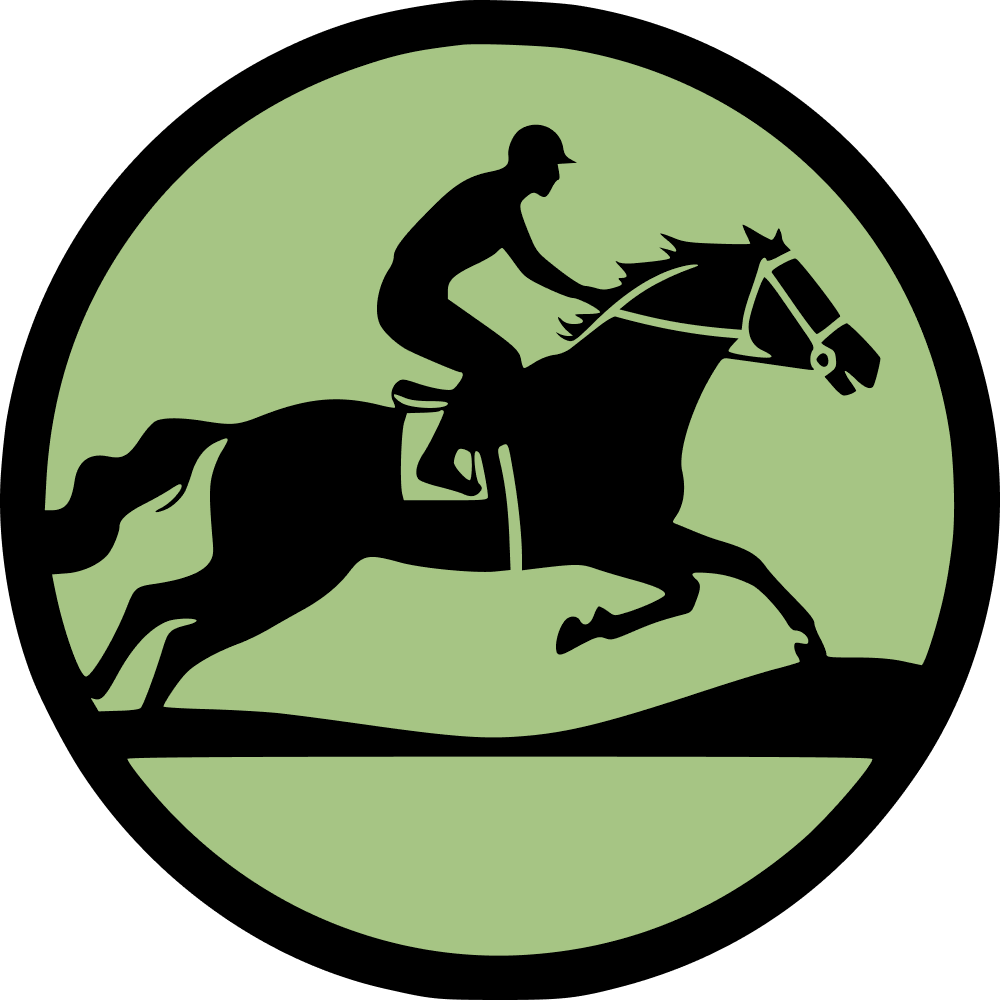Though only two horses bred in Canada have clinched victories in the Kentucky Derby, many Canadian-trained stars have left an indelible mark on the Triple Crown races in the U.S. Canadian-bred and trained horses have often started their careers north of the border before achieving remarkable success in American racing.
Northern Dancer: A Trailblazer
Northern Dancer stands as the first Canadian-bred horse to win the Kentucky Derby, achieving this milestone in 1964 under breeder Edward P. Taylor. Prior to this, he was already a celebrated champion, having won the Coronation Futurity and Summer Stakes, earning the title of Canadian Champion Two-Year-Old. He further cemented his legacy by winning the Preakness Stakes, though he fell short in the Triple Crown bid, finishing third in the Belmont Stakes. Northern Dancer ended his illustrious career with a victory at the Queen’s Plate in front of his home crowd.

Legacy of Northern Dancer’s Progeny
Even after his racing career, Northern Dancer continued to influence the racing world through his offspring. Although not all were Canadian-bred, many of his progeny achieved significant success, including Nijinsky, who won the English Triple Crown in 1970. In the U.S., his lineage included Kentucky Oaks winner White Star Line in 1977.
Sunny’s Halo: A Triumph in 1983
In 1983, Sunny’s Halo became the second Canadian-bred horse to win the Kentucky Derby, triumphing under the guidance of trainer David C. Cross Jr. His career saw him win nine out of 20 races, amassing over $1.2 million in prize money. His early promise was evident when he was named Canadian Champion Two-Year-Old in 1982. After winning the Arkansas Derby, he went on to claim victory at Churchill Downs, defeating a strong field including future Hall of Famer Slew o’ Gold. Though his peak came with the Derby win, Sunny’s Halo continued to compete valiantly, including a sixth-place finish in the Preakness Stakes. His contributions to racing were honoured with his induction into the Canadian Horse Racing Hall of Fame in 1986.

Victoria Park: Paving the Way
Victoria Park, although never a Triple Crown race winner, showcased the potential for Canadian horses in these prestigious events. Under trainer Horatio Luro, he won the Coronation Futurity Stakes and Cup and Saucer Stakes as a two-year-old. His three-year-old season included a notable third-place finish in the 1960 Kentucky Derby and a second-place finish in the Preakness Stakes. He skipped the Belmont Stakes to compete in the Queen’s Plate, where he set a record time that stood for over 40 years.
Regal Classic: A Celebrated Career
Regal Classic is one of Canada's most distinguished horses, winning the Sovereign Award for Champion Two-Year-Old in 1987. He excelled in races such as the Grey Stakes, Coronation Futurity, and Summer Stakes. His impressive run continued with a second-place finish in the Breeders’ Cup Juvenile. In the American Triple Crown, he finished fifth in the Kentucky Derby and sixth in the Preakness Stakes. His career ended on a high note with a second-place finish in the Queen’s Plate and a victory in the Prince of Wales Stakes, earning over $1.4 million in prize money throughout his career.
Mine That Bird: Canadian Connections
Although Mine That Bird was American-bred, his early success came in Canada under trainer David Cotey, winning four out of six starts at Woodbine. After moving to Richard Mandella’s stable, he won the Kentucky Derby in 2009 and went on to place second in the Preakness Stakes and third in the Belmont Stakes. His story highlights the strong connections and influence of Canadian racing even on horses bred outside the country.


